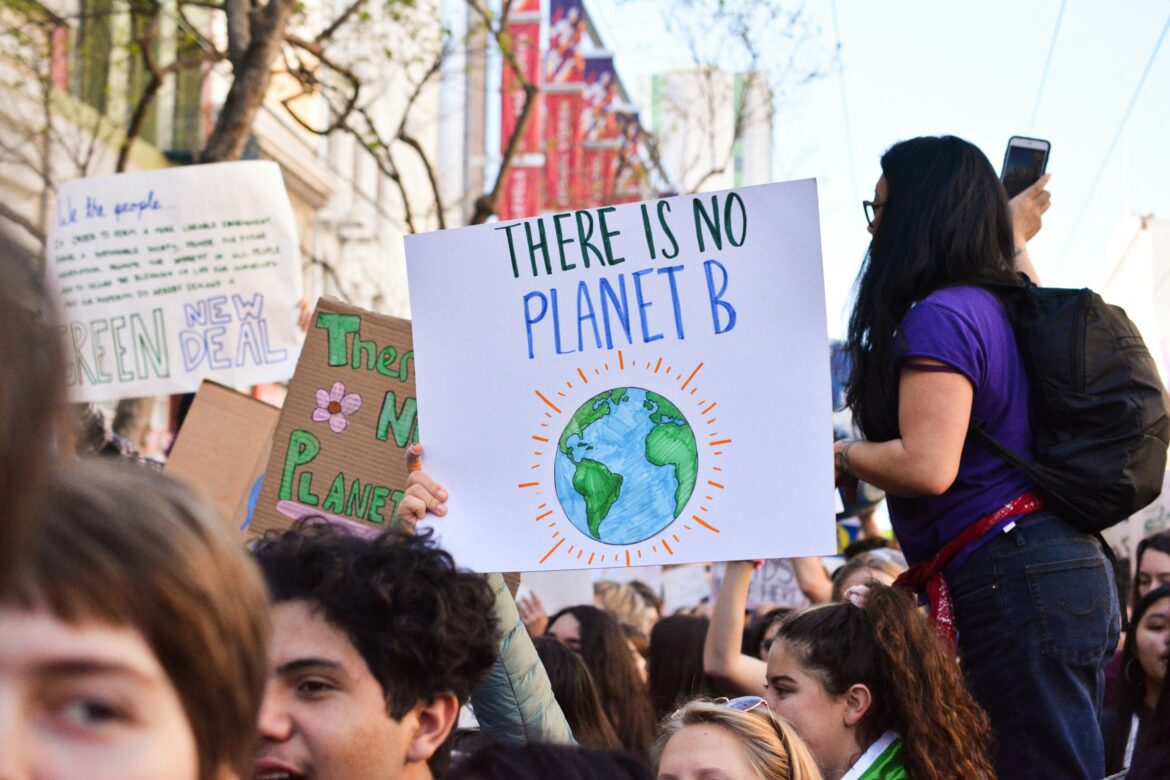In a speech at London’s Chatham House yesterday, Simon Stiell, the UN’s climate chief, warned that there are “two years to save the world.”
This sobering statement comes following confirmation from the WMO that 2023 was the hottest year on record, and data revealing energy-related CO2 emissions also reached an all-time high last year.
Further, just this week, new data from the European Union’s Copernicus Climate Change Service (C3S) showed that March 2024 marked ten months of record-breaking temperatures.
Stiell referenced this “record-shattering heat” alongside crop-destroying droughts and “massive damage to economies” while noting that the world still has a chance to “make greenhouse gas emissions tumble,” with a new generation of national climate plans, echoing the call he made last month, in the lead-up to Copenhagen.
Indeed, he explained that current NDCs, in aggregate, will barely cut emissions at all by 2030.
The head of the UN’s climate body highlighted that, with the G20 responsible for around 80 per cent of global emissions, G20 leadership must be “at the core” of the solution.
In his speech at an event at the Chatham House think-tank, Stiell underlined the key role of climate finance in turning the tide. He noted that “many countries” will only be able to implement strong new climate plans if there is a “quantum leap” in climate finance this year.
“Every day, finance ministers, CEOs, investors, and development bankers direct trillions of dollars. It’s time to shift those dollars from the energy and infrastructure of the past, towards that of a cleaner, more resilient future,” said Stiell.
Indeed, ahead at COP29 in Baku, Azerbaijan, in November, a new target for climate finance will be a key priority, and Stiell noted that it must be one that “meets developing country needs.” However, he noted that it’s “not enough” to agree to a target. “We need a new deal on climate finance, between developed and developing countries.”
This deal, he said, should have four components: more concessional finance, new sources of international climate finance, reform for development banks and debt relief for the countries that need it most.
Further, ahead of upcoming Spring Meetings, Stiell said: “Averting a climate-driven economic catastrophe is core business. It can’t slip between the cracks of different mandates,” and called for an “ambitious round of replenishment” for the World Bank’s International Development Association.
Alongside investment in clean energy and infrastructure, Stiell also underlined the need for measures that speed up the decline of fossil fuels.
“Stronger domestic progress on carbon pricing is essential to reflect the real economics of fossil fuels, including the massive health and economic costs of greenhouse gas pollution, which should not be shunted on to government, households, and other industries to pay,” he said.
Moreover, with 2024 being the biggest global election year to date, Stiell called on “ordinary people everywhere,” to “raise their voices.”
“When I say we have two years to save the world, it begs the question – who exactly has two years to save the world? The answer is every person on this planet.”
“Every voice matters,” said Stiell, adding: “If you want bolder climate action, now is the time to make yours count.”



